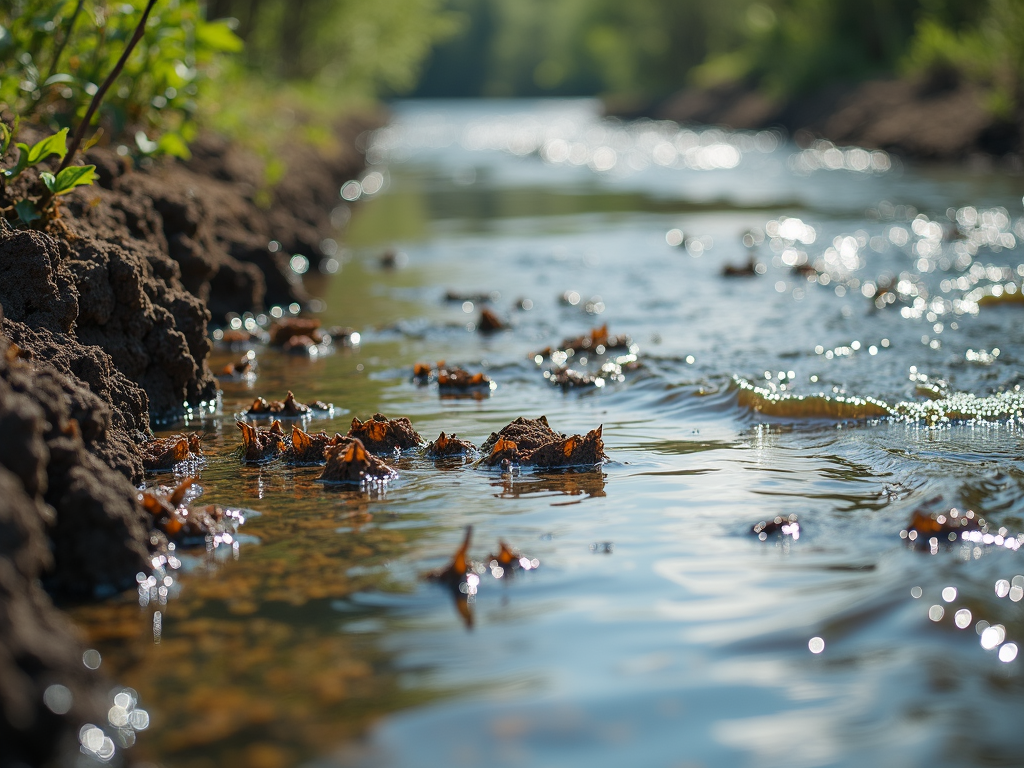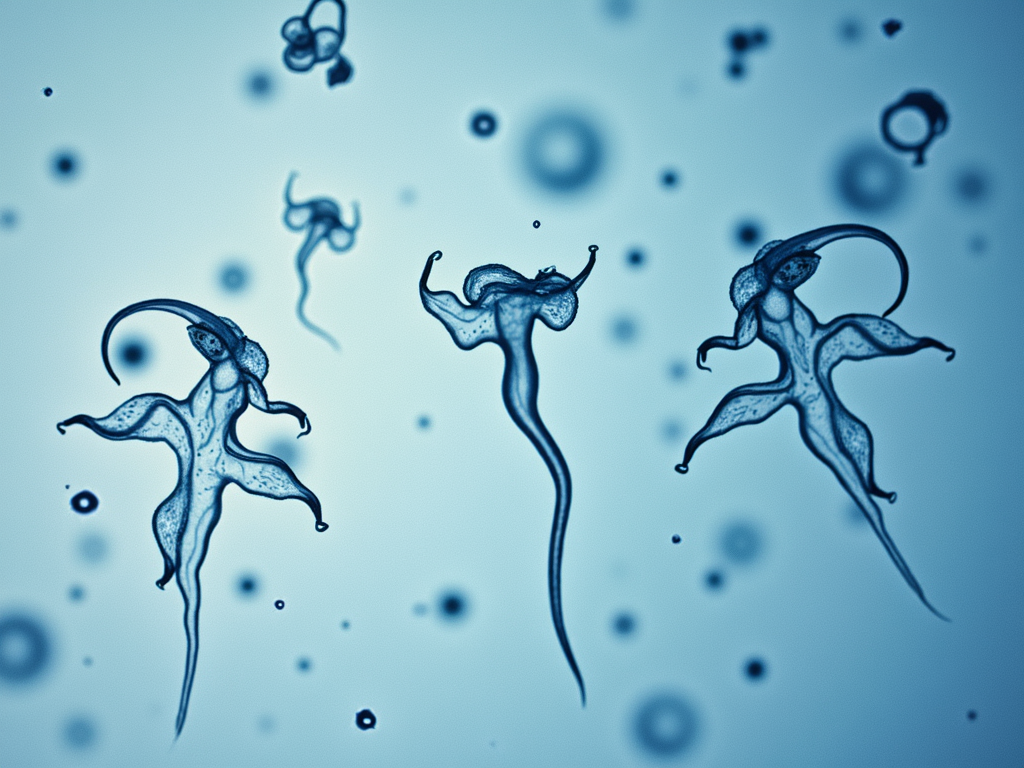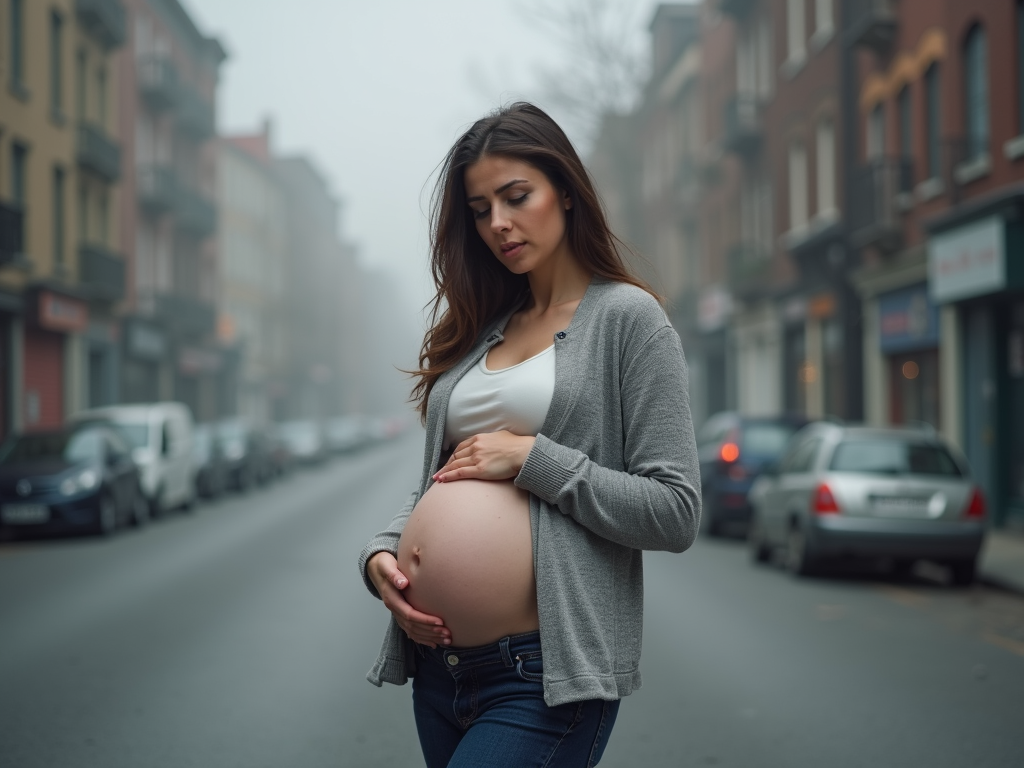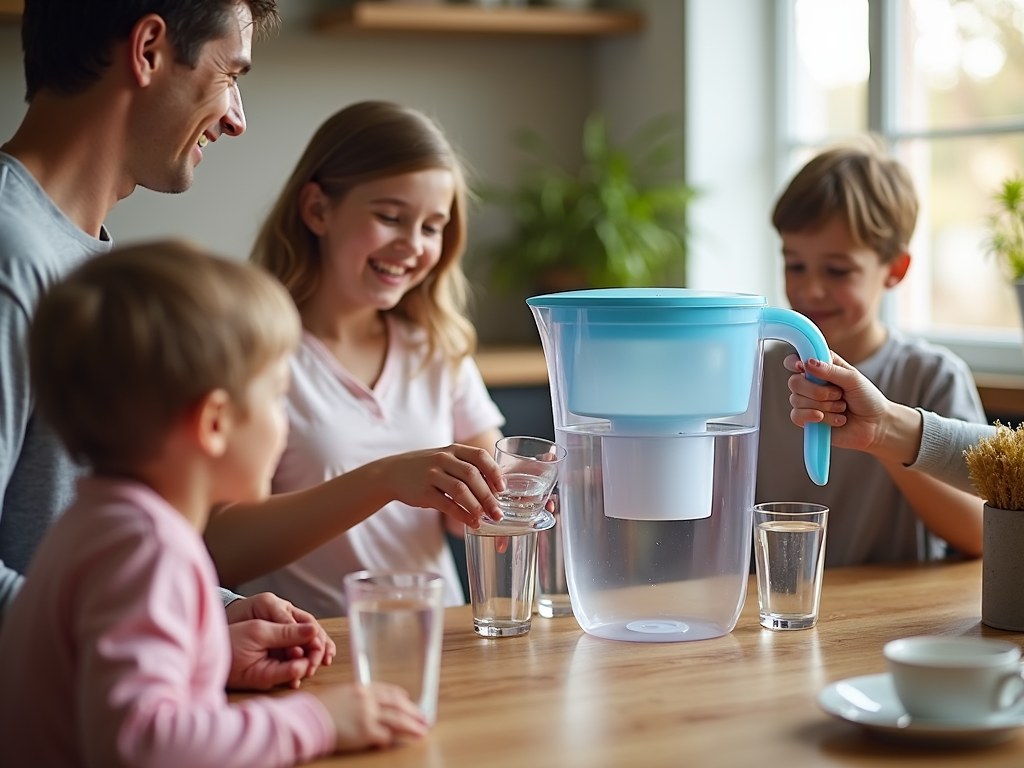The Effects of Pollution on Fertility: How Environmental Factors Impact Reproductive Health
March 12, 2025, 8:51 a.m.
Pollution is everywhere, and its effects on our health are hard to ignore. But did you know it can also hurt your chances of having a baby? From dirty air to toxic water, the effects of pollution on fertility are real and growing. This article explores how our environment impacts reproductive health.

What Is Pollution and Why Does It Matter?
Pollution comes in different forms, and each type can harm our bodies in unique ways. Here’s a quick look:
- Air Pollution: Smoke, car exhaust, and factory emissions fill the air with tiny particles.
- Water Pollution: Chemicals, metals, and waste make our water unsafe.
- Chemical Pollution: Everyday products like plastics and cleaners release harmful substances.
These pollutants don’t just make us cough or feel tired—they can mess with our ability to have kids.

Pollution’s Impact on Male Fertility
Men’s reproductive health takes a big hit from pollution. Sperm quality is especially sensitive to what’s in the air and water.
Air Pollution Hurts Sperm
Breathing polluted air can lower sperm quality and environmental factors play a huge role. A study found that men in cities with bad air had 20% fewer sperm than those in cleaner areas. The tiny particles in smog can damage sperm movement and shape.
I once met a guy named Mark who lived near a busy highway. He and his wife struggled to conceive for years. After moving to a quieter town, his doctor noticed his sperm health improved. It’s not proof, but it makes you think.

Chemicals and Male Infertility
Ever heard of phthalates? They’re in plastics and can sneak into your body, lowering testosterone. This leads to male infertility. One report showed men working with chemicals had weaker sperm counts. It’s scary to think something as simple as a plastic bottle could affect your future family.

Pollution’s Effects on Female Fertility
Women face challenges too. Pollution can throw off the hormones needed to get pregnant.
Water Pollution and Egg Health
Drinking water with lead or pesticides can hurt a woman’s ovaries. Studies show these toxins can mess up periods and lower egg quality. Imagine trying to start a family, only to find out your tap water is working against you.
Air Pollution and Pregnancy
Dirty air doesn’t just stop at conception. Pregnant women breathing smog are more likely to have babies too early or too small. One study said the risk jumps by 30% in polluted areas.

A Real Couple’s Story
Meet Sarah and Tom. They lived in a busy city with smoky skies and noisy streets. After three years of trying for a baby, they hit a wall. Tests showed Tom’s sperm quality was low, and Sarah’s cycles were off. Their doctor pointed to pollution as a possible cause. They moved to a cleaner suburb, changed their diet, and finally welcomed a daughter last year. It’s not a cure for everyone, but their story shows how environment matters.

What Can You Do About It?
Pollution feels overwhelming, but you can fight back. Here are some practical steps:
| Action | How It Helps |
|---|---|
| Use an air purifier | Cleans indoor air from pollutants |
| Drink filtered water | Cuts out harmful metals and chemicals |
| Go organic | Avoids pesticides on food |
| Skip plastic | Reduces chemical exposure |
Small changes add up. Even picking a walking route away from traffic can make a difference.

Bigger Solutions
You can also push for change:
- Join local clean-up groups: Help make your area healthier.
- Support green laws: Vote for leaders who care about the planet.
Every step counts when it comes to protecting fertility.

Final Thoughts: A Cleaner Future for Fertility
The effects of pollution on fertility are clear—dirty air, water, and chemicals hurt our chances of having kids. Male infertility, poor sperm quality, and women’s reproductive issues are all tied to our environment. But we’re not helpless. By cutting exposure and pushing for cleaner spaces, we can protect our health and our families. Let’s act now for the kids of tomorrow.
